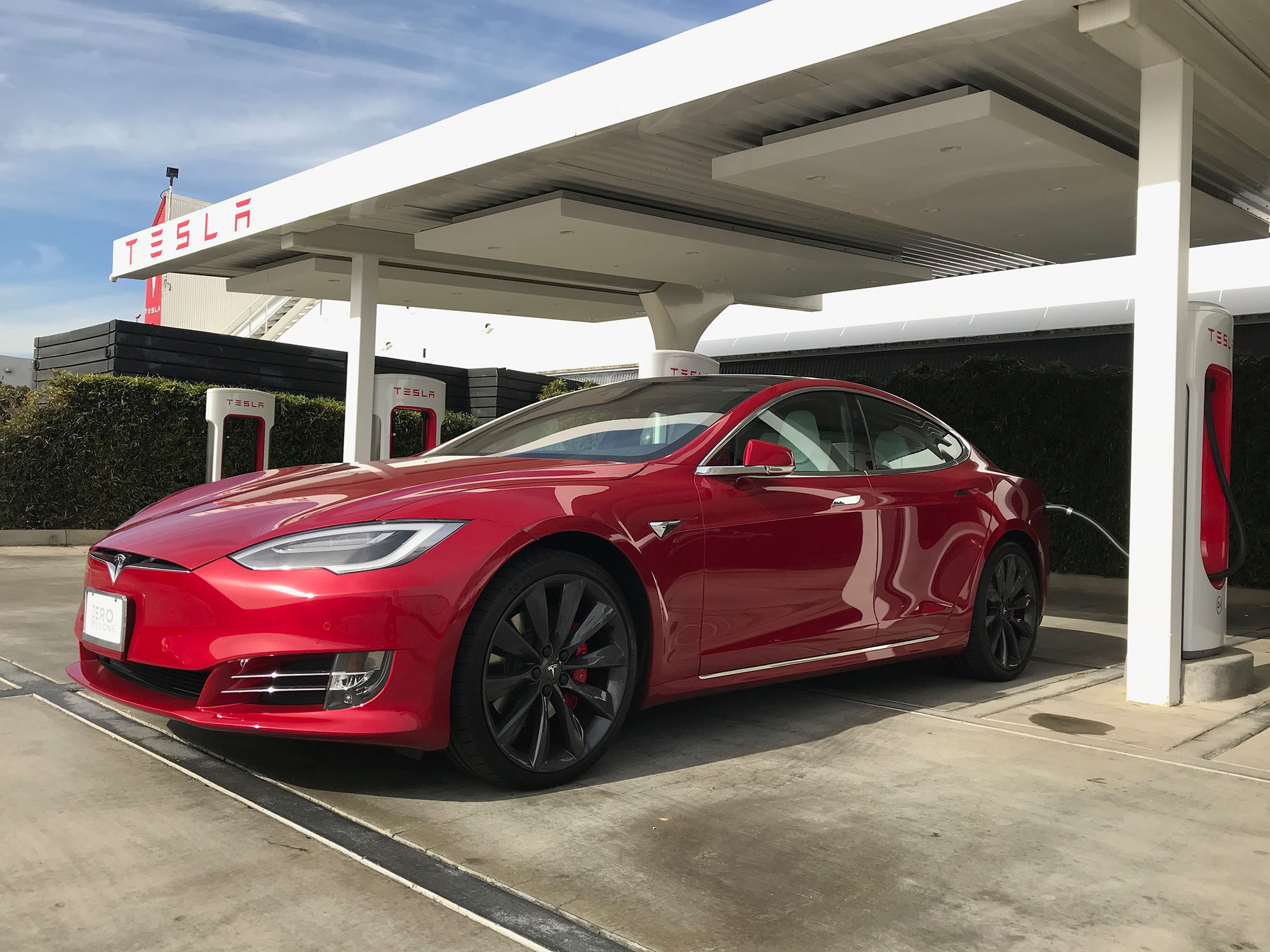Tesla has issued a major recall affecting over 2 million vehicles in the U.S. due to a flawed system related to its Autopilot feature. The recall follows a lengthy investigation by the National Highway Traffic Safety Administration (NHTSA) prompted by accidents involving the Autopilot system, some of which were fatal.
The issue lies in Autopilot’s ability to ensure driver attentiveness, which the NHTSA found to be inadequate and prone to misuse. While Tesla is issuing a software update to address this, safety experts express concerns. They highlight that the responsibility still lies with the driver and the update doesn’t tackle the core problem of Tesla’s automated systems struggling to identify obstacles
Is Your Tesla Safe? Urgent Recall Issued for Millions of Vehicles (Image of a Tesla car covered in dust)
.
The recall covers various Tesla models produced over a significant period, with a software update rolling out to affected vehicles in stages. The update includes stricter controls and alerts to enforce proper usage of Autopilot, restricting its engagement based on specific conditions.
However, critics argue that the update doesn’t fully resolve the issue, especially regarding Tesla’s failure to detect and respond to obstacles, including emergency vehicles. They emphasize the need for more comprehensive monitoring systems, like cameras to track driver attention, which other automakers utilize.
Tesla Autopilot Exposed: The Truth About Its “Dangerous” Technology (Image of a Tesla car driving off a cliff)
Despite Tesla’s assertion that Autopilot is a driver-assist system, not a self-driving feature, there have been incidents where drivers have misused it, even engaging in risky behavior while the system was active.
Tesla Autopilot Recall: Is Elon Musk Finally Admitting He’s Wrong? (Image of Elon Musk looking worried)
The NHTSA has been actively investigating Tesla-related accidents and has escalated its efforts to address safety concerns, including recalls related to the Full Self Driving software.
So, in essence, the recall aims to address deficiencies in Tesla’s Autopilot system, but concerns persist regarding its ability to ensure safe and reliable autonomous driving.
The recall of over 2 million Tesla vehicles in response to issues with the Autopilot system signifies a pivotal moment in addressing safety concerns within autonomous driving technology. While the software update aims to enhance driver attentiveness and restrict Autopilot engagement under specific conditions, it’s evident that broader challenges persist.
The debate over the system’s limitations, especially in detecting obstacles and emergency vehicles, underscores the need for more comprehensive solutions beyond software updates. Critics emphasize the necessity for advanced monitoring mechanisms, such as cameras, to ensure driver attention—a feature present in other automakers’ systems.
The ongoing scrutiny by the National Highway Traffic Safety Administration (NHTSA) and the continued investigation into Tesla-related accidents signal a growing emphasis on ensuring the safety and reliability of autonomous driving technology. As Tesla and regulatory bodies navigate this landscape, the outcome will likely shape the future development and regulation of self-driving systems across the automotive industry.
